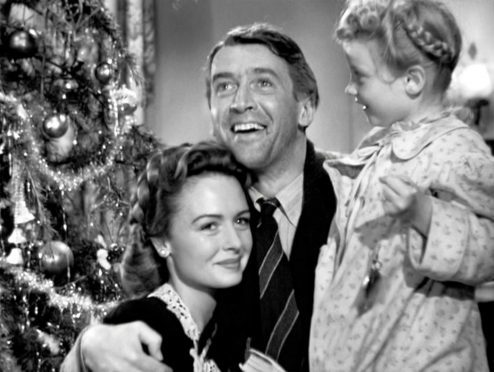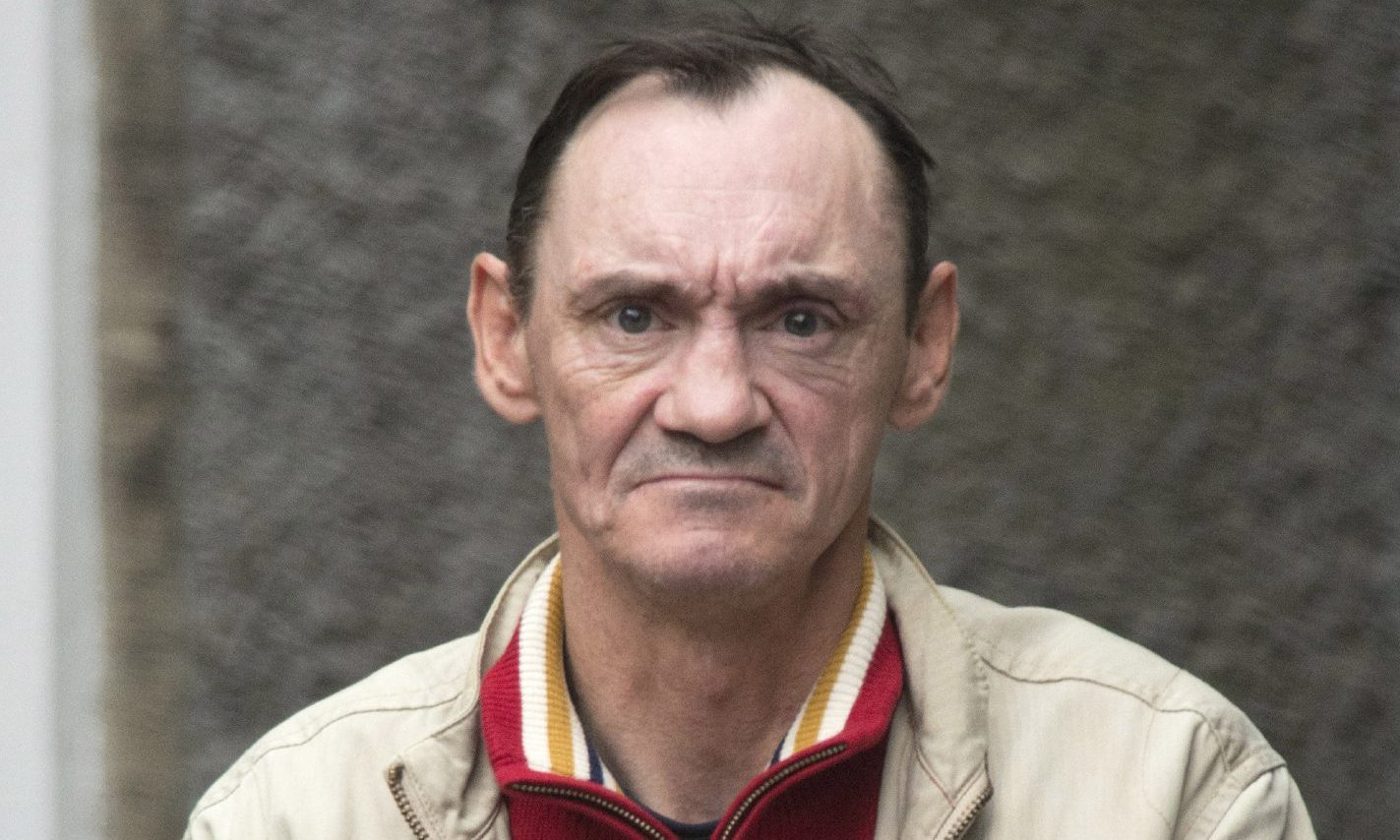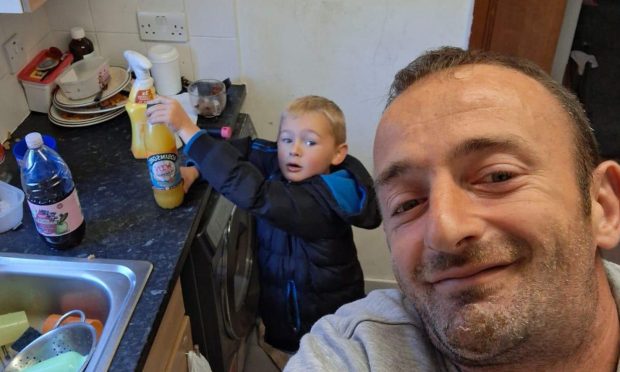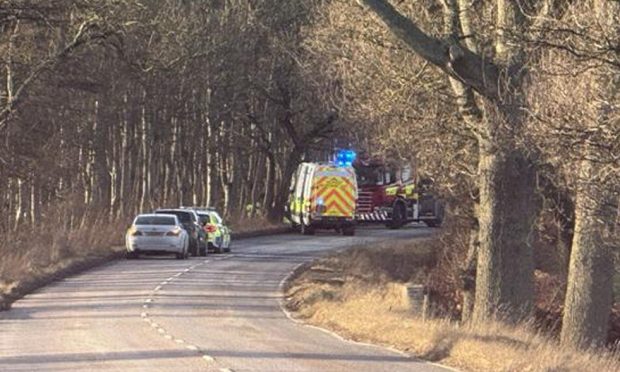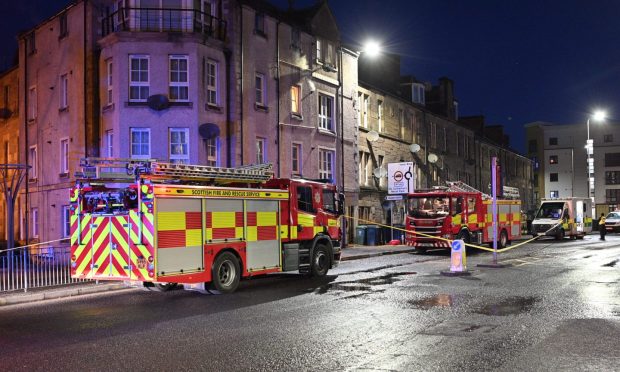I’m one of those bores who will, at every given opportunity, argue that Die Hard is not only a Christmas movie, but one of the finest Christmas movies there is.
It starts with sleigh bells at an airport, there’s a guy in a funny Christmas sweater and it ends with a surprise gift for the bad guys, wrapped in seasonal tape.
Die Hard is ultimately about a man who discovers the true meaning of family on Christmas Eve. What more do you want?
But even I have to concede that the greatest of all Christmas films is still – after more that seven decades – Frank Capra’s It’s A Wonderful Life.
If you haven’t seen it before, it is an absolute must. There was a special Christmas Eve showing at the the beautiful Birks Cinema in Aberfeldy.
When I first saw it, all of my lofty expectations were met. It was as joyful and as uplifting as I had been led to believe.
But I was also surprised by how dark it was. There’s a lot of tragedy and disappointment before we get to the heart-melting final scenes.
And that’s one of the reasons why the film still resonates today.
When it was released in 1946, there was still an unhelpful stigma around mental health – one that has thankfully eroded over the years.
Now the movie can be read as a guide to dealing with depression. So much so, that parts of the script were recently painted on to railway platforms across the UK as part of a campaign by charity Rethink Mental Illness.
While there’s lots of celebrate about this time of year, it’s easy to forget how stressful and difficult the run up to Christmas can be for many, many people.
Depression can feel 100 times worse when it looks like everyone else is having a swinging, picture postcard of a yuletide season.
It is all too easy to let one or two recent personal events cloud or drown out the many positive aspects of our lives.
And it’s important to remember that there is always help out there.
On Christmas morning, for example, when families around the world are exchanging gifts, three volunteers will be manning the Samaritan’s office in Perth’s King’s Place.
PLUS Perth, the mental health lifeline service, has even published a wallet-sized guide to “surviving Christmas”, packed with crisis contacts and advice such as “share your worries” and “hold on to your sense of humour”.
Last week, the brother of a local man who succumbed to his depression in the most tragic way made an appeal on social media for better mental health awareness. His brave words were retweeted hundreds of thousands of times and who knows how many families he has has helped.
The dark mornings and long evenings can be hard on anyone, but there are good people out there who are ready to support you.
It is a wonderful life. And the winter will always, without fail, change into spring.
To speak to the Samaritans, free phone 116 123.
